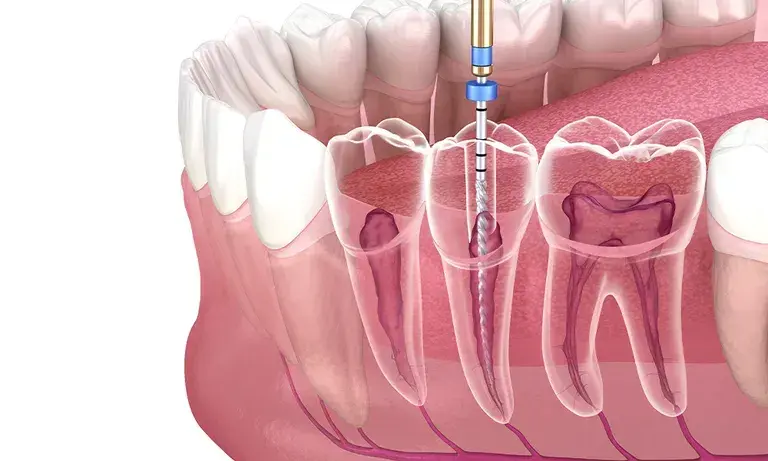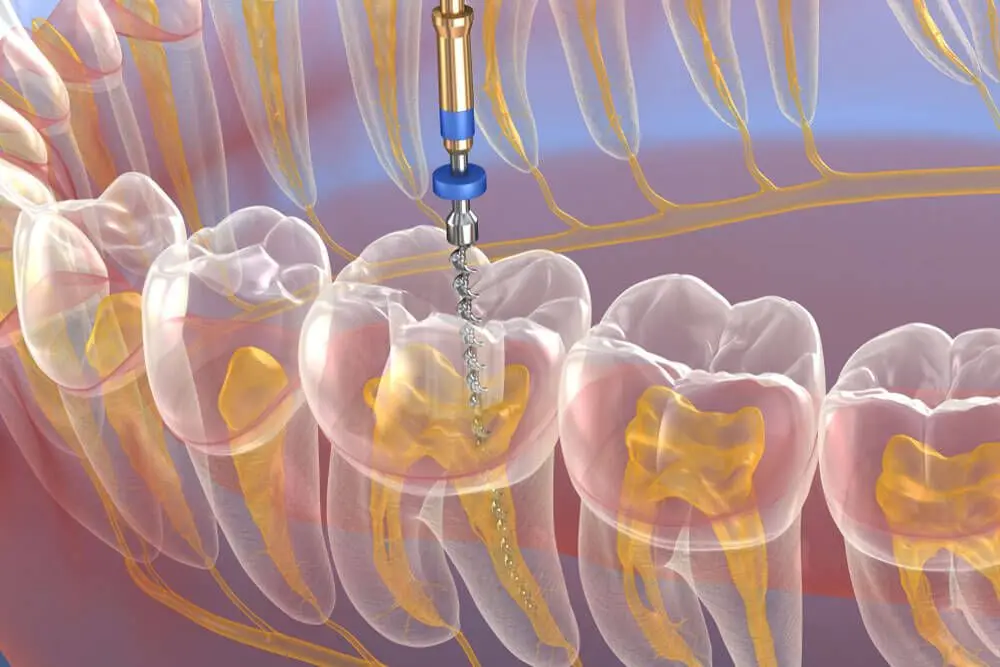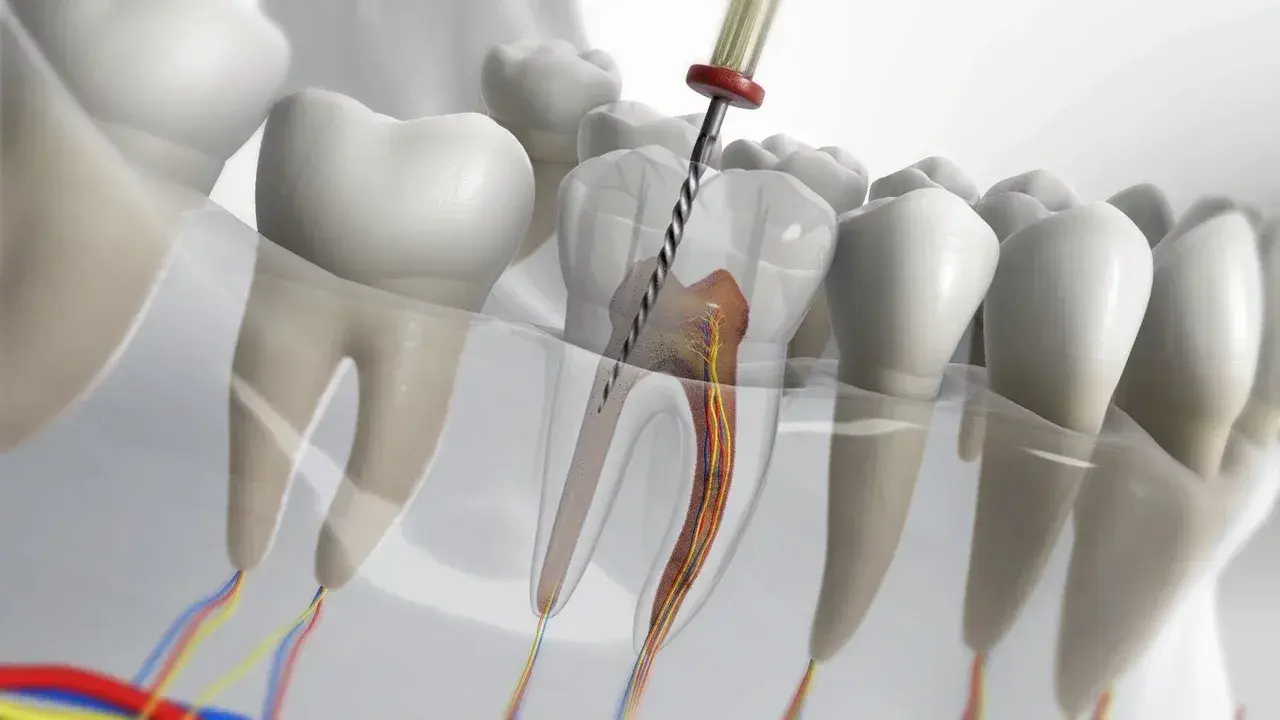Endodontic Treatment
Endodontic treatment, or root canal therapy, is a dental procedure used to treat infection at the center of a tooth (the root canal system). It's often necessary when the pulp inside the tooth becomes infected or damaged through decay or injury, allowing the tooth to be saved rather than extracted.
Procedure Overview
The procedure involves removing the infected or damaged pulp, cleaning and disinfecting the inner areas of the tooth, and then filling and sealing it to prevent further infection. Root canal therapy is typically completed in one to three visits, depending on the condition of the tooth.
Benefits of Endodontic Treatment
- Prevents the removal of the natural tooth and maintains oral structure.
- Alleviates pain and discomfort caused by tooth pulp infection or inflammation.
- Protects other teeth from excessive wear or strain due to a missing tooth.
- Offers a cost-effective solution compared to tooth extraction and replacement.
Frequently Asked Questions
- Is root canal therapy painful?
- Modern techniques and anesthesia make root canal treatments virtually painless. Most patients experience much less discomfort during the procedure than anticipated.
- How long does a root canal treatment last?
- With proper care and maintenance, a tooth restored with a root canal can last a lifetime. Regular check-ups are important to monitor the treated tooth and ensure its health and functionality.



